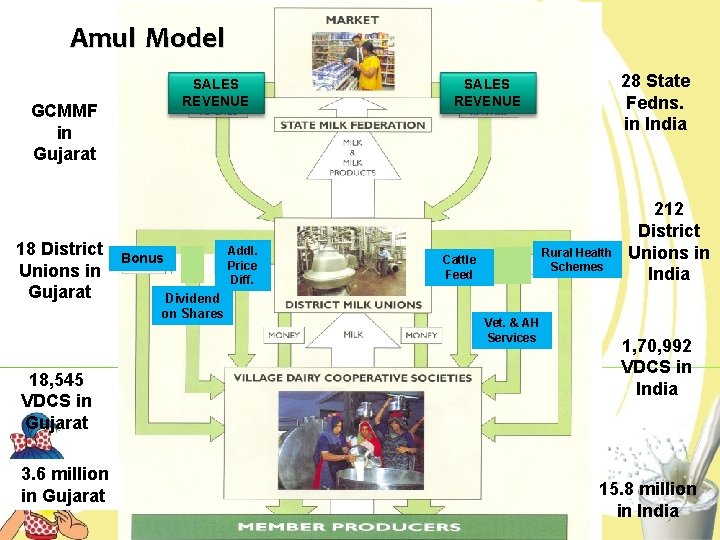900 319 0030
enquiry@shankarias.in
Why in news?
November 26, 2021 was celebrated in Anand, Gujarat as the 100th birth anniversary of Verghese Kurien, the leader of India’s ‘white revolution’.
Purposes of the two revolutions

References